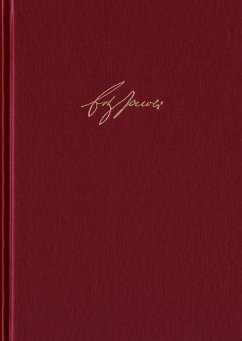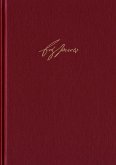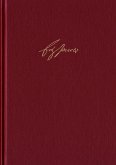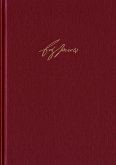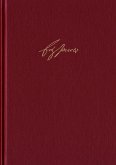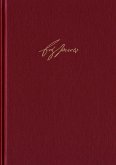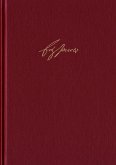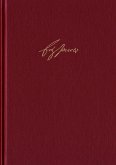Die Briefe von Januar bis November des Jahres 1787 eröffnen Einblicke in eine Lebens- und Schaffensphase Jacobis, die nach dem Tod des >Waffenträgers< Thomas Wizenmann von Veränderungen gekennzeichnet ist. Diese betreffen die häuslich-familiäre Sphäre ebenso wie das politisch-soziale Umfeld, vor allem jedoch Jacobis publizistische Arbeit. Trotz zunächst ungebrochener Produktivität - es erschienen sein >David Hume< und die Übersetzung des >Alexis< von Frans Hemsterhuis - machen sich auch bei Jacobi Zweifel breit. Die zumeist ablehnende Aufnahme seines Spinozabuches, die zweite Auflage der Kantischen Vernunftkritik und Herders Restitution des Spinoza drängen auf eine Klärung der eigenen Position, die Jacobi im Gespräch mit Freunden und Weggefährten, zuvorderst Johann Georg Hamann, zu gewinnen sucht. The letters written between January and November of 1787 provide insight into a stage of Jacobi's life and creativity which was characterized by changes after the death of the »Waffenträger« (armor bearer) Thomas Wizenmann . These concerned the situation at home and in the family as well as the political and social surroundings, primarily however Jacobi's work as a journalist. In spite of his initially uninterrupted productivity, - his book on David Hume and the translation of >Alexis< by Frans Hemsterhuis were published - he began to have doubts. The generally negative reception of his book on Spinoza, the second edition of Kant's >Critique of Pure Reason< and Herder's restitution of Spinoza put pressure on him to clarify his own position, which Jacobi tried to establish in discussions with friends and companions, first and foremost Johann Georg Hamann.
Dieser Download kann aus rechtlichen Gründen nur mit Rechnungsadresse in A, B, BG, CY, CZ, D, DK, EW, E, FIN, F, GR, HR, H, IRL, I, LT, L, LR, M, NL, PL, P, R, S, SLO, SK ausgeliefert werden.

